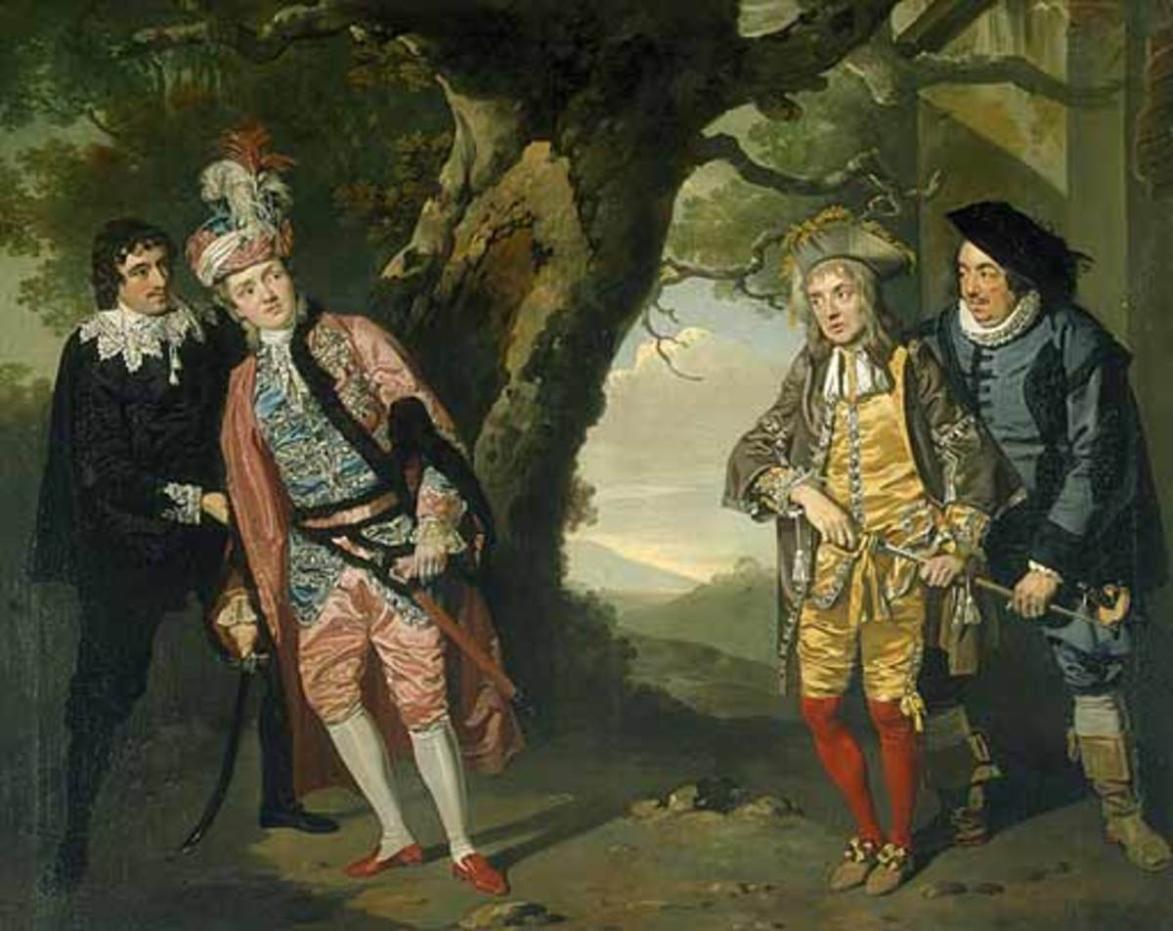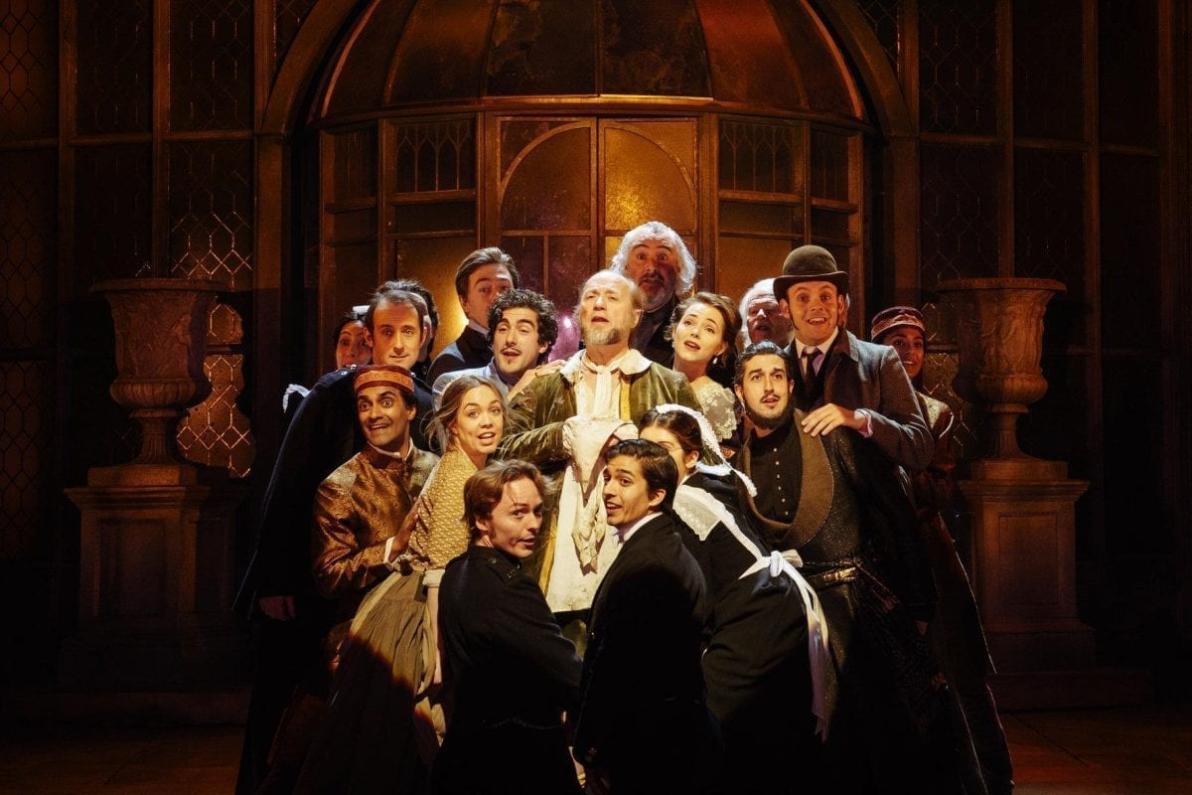The Role of the Fool in Twelfth Night
In the realm of Shakespearean comedy, "Twelfth Night" stands out as a play that deftly weaves together elements of love, deception, and mistaken identity. Among the colorful characters that inhabit this world of Illyria, the fool, Feste, plays a pivotal role in shaping the narrative and adding depth to the play's themes.

I. The Jester's Role In Elizabethan Society
In Elizabethan England, the fool or jester held a unique position within the social hierarchy. These individuals were employed by noble households and courts to provide entertainment and amusement. They were often granted the freedom to speak truth to power, challenging authority and societal norms with their wit and humor.
- Source of Entertainment: Fools were expected to entertain their masters and guests with jokes, songs, and acrobatic feats.
- Truth-telling: Despite their lowly status, fools were often allowed to speak their minds freely, offering critiques of the ruling class and social conventions.
- Challenge Authority: Fools had the license to mock and satirize those in power, providing a safety valve for social tensions.
II. Feste: The Fool In "Twelfth Night"
In "Twelfth Night," Feste embodies the traditional role of the fool while also bringing his own unique characteristics to the stage.
- Characteristics: Feste is a witty, quick-tongued individual who uses his humor to navigate the complexities of Illyrian society.
- Relationships: Feste interacts with a wide range of characters, from the lovelorn Duke Orsino to the mischievous Sir Andrew Aguecheek, offering commentary and advice.
- Songs: Feste's songs play a significant role in the play, providing emotional depth and foreshadowing upcoming events.
III. Feste's Contribution To The Play's Themes
Feste's actions and words contribute significantly to the play's exploration of love, deception, and mistaken identity.
- Love: Feste's songs and commentary often reflect on the complexities of love, highlighting its irrational and unpredictable nature.
- Deception: Feste's presence exposes the deceptions and disguises that characters employ, revealing their true feelings and motivations.
- Mistaken Identity: Feste's role in the play's central case of mistaken identity adds to the comedic elements and highlights the folly of human perception.
IV. Feste's Commentary On Society

Feste's character also serves as a vehicle for Shakespeare to comment on the social hierarchy and class distinctions prevalent in Elizabethan society.
- Social Hierarchy: Feste's interactions with characters from different social strata highlight the inequalities and prejudices that exist within the play's world.
- Courtly Love: Feste's songs and commentary critique the artificial conventions of courtly love, exposing their absurdity and superficiality.
- Human Folly: Feste's humor often targets the foolishness and irrationality of human behavior, providing a comedic perspective on the play's events.
V. Conclusion
The fool in "Twelfth Night" plays a multifaceted role that enriches the play's themes, characters, and comedic elements. Feste's presence adds depth to the exploration of love, deception, and mistaken identity, while also providing commentary on social hierarchy and human folly. Through Feste, Shakespeare creates a character who embodies the traditional role of the fool while also transcending it, leaving a lasting impression on audiences and readers alike.
YesNo

Leave a Reply